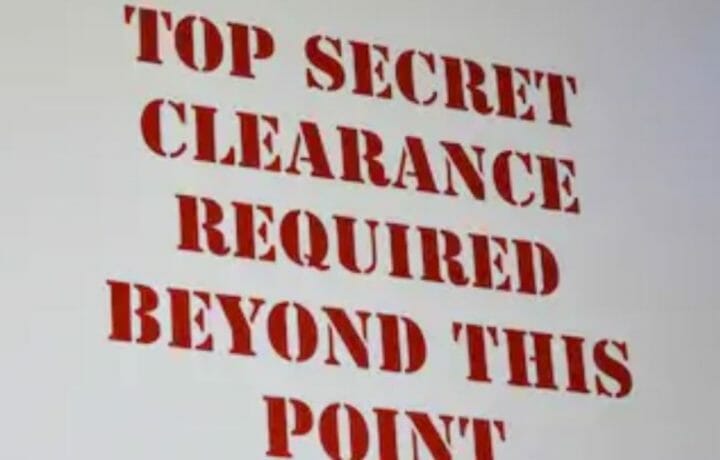Recent plagiarism scandals in the Ivy League have thrust academic integrity issues into the spotlight. That makes this a good time to examine how similar issues arise in the security clearance process and the extent to which I encountered them during my career practicing law.
Job applicants inflating their academic credentials is a tale as old as time. What makes the security clearance process unique, however, is the ability to verify those credentials – and dig up any associated misconduct – with considerably more vigor than a private sector, pre-employment background investigation.
Academic Integrity Issues in the Security Clearance Process
Unlike the security clearance background investigation process, private sector pre-employment investigations are subject to a patchwork of state laws that may limit sources of information or have a chilling effect on employers’ desire to conduct background investigations in the first place. If a background investigation is conducted, it is often limited to one or more of the “big three” areas of concern: criminal history, employment history, and general reference checks – in that order. Verification of educational credentials is frequently left, if at all, to data aggregators like the National Student Clearinghouse or telephone inquiry services through companies like LexisNexis. In such cases, the primary (indeed, often the sole) objective is verification of any claimed degrees.
Security clearance background investigators operate differently, and that catches some applicants used to the private sector off-guard. Investigators normally query three sources of records for each educational entry on security clearance forms: (1) the educational institution’s registrar for copies of academic transcripts and verification of degrees; (2) the institution’s Dean of Students office for any records of academic misconduct like cheating or plagiarism; and (3) the institution’s police or security department for any records of law enforcement encounters.
Nothing But the Truth
Clearly, this presents an issue for applicants who claim degrees they did not earn. But it is also a problem for applicants who truthfully report academic credentials but would prefer to forget about certain aspects of their conduct in the process of obtaining that education.
The SF-86 (soon-to-be “PVQ”) doesn’t explicitly ask about such problems – only the attendance itself and any degrees earned. However, many other aspects of the form can be implicated by educational institution record checks, including most commonly issues of substance abuse, psychological history, and criminal history that may or may not be consistent with information reported by the applicant elsewhere on the SF-86.
Besides the obvious recommendation to all applicants to truthfully complete the SF-86, two other cautions are warranted. First, applicants should understand that resumes and applications are compared with subsequent security clearance applications; attempting to get in the door by inflating a resume and then honestly completing the SF-86 is a recipe for disaster.
Second, applicants should know that evidence of plagiarism, cheating, or similar academic integrity issues can implicate Guideline “E” (Personal Conduct) of the National Adjudicative Guidelines for Security Clearances. The mere fact that the SF-86 doesn’t inquire about such issues should not be misinterpreted as meaning the government won’t be concerned about them. Once an issue like this comes to the attention of security officials, they are entitled to adjudicate it.
Most of the issues like this I saw in my law practice involved applicants who were alleged to have lied about degrees earned or whose academic records contradicted information reported elsewhere on the SF-86. However, I did also see the occasional instance of plagiarism or cheating come back to bite an applicant. Some of these issues were preventable – and many mitigatable – but often applicants failed to appreciate their significance until it was too late. When in doubt, talk with an experienced security clearance attorney before reaching that point.
This article is intended as general information only and should not be construed as legal advice. Although the information is believed to be accurate as of the publication date, no guarantee or warranty is offered or implied. Laws and government policies are subject to change, and the information provided herein may not provide a complete or current analysis of the topic or other pertinent considerations. Consult an attorney regarding your specific situation.




